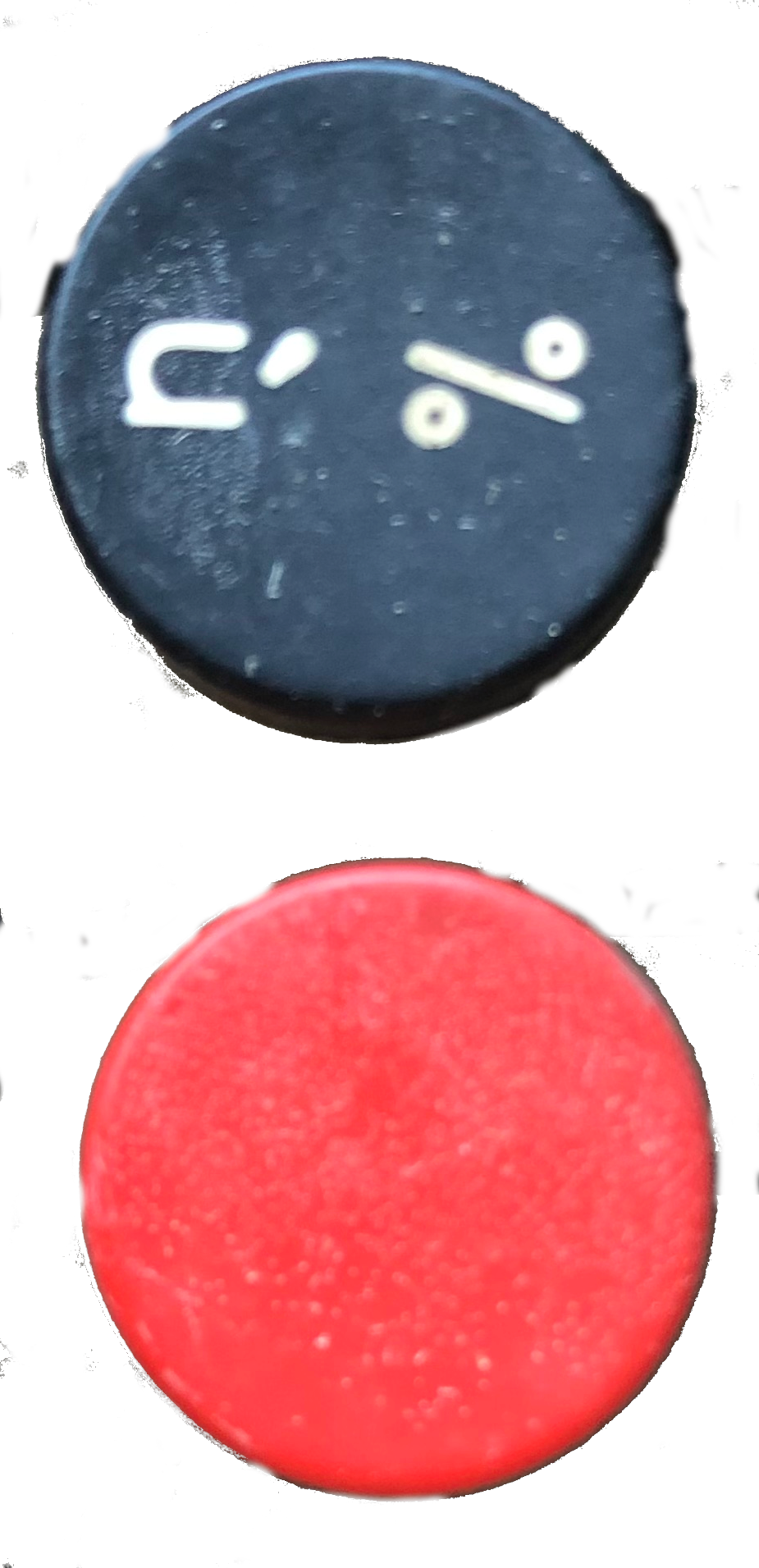Suggested readings week 39/2022

Bacterial Internet of Things
So you think that memory storage and communication in the Internet Age is about computers, silicon and electronic components?
Since more than ten years now, and building on contributions also by Leonard Adleman (the A in RSA, one of the most important inventions in modern cryptography that we still use thousands of times everyday) who published a landmark paper back in 1994, scientists and researchers are exploring ways for leveraging the ductile and peculiar features of the world of biology for enhancing sensing, storing and communicating information.
DNA Computation and storage, and bacteria as sensors are only two of the many sensational directions.
https://pratt.duke.edu/about/news/bacterial-pattern-encoder?utm_source=pocket_mylist
Fully Homomorphic Encryption
FHM has grown steadly as a corpus of algorithms and solutions in the last few years and is now ready for deployment in a lot of use cases.
It enables the magic of computing and proving ownership on sets of information without ever revealing the information itself.
https://queue.acm.org/detail.cfm?id=3561800&utm_source=pocket_mylist
Civil liability of Artificial Intelligence
...the Commission intends to make sure that persons harmed by artificial intelligence systems enjoy the same level of protection as persons harmed by other technologies.
In these simple words lies an evolution of thinking that carries also great simplification of context: Artificial Intelligence is a technology and product, that should cause no more harm than the other (existing products and technologies).
Preparing Directives and Regulations at a European and United Nations levels of course is not simple but the work has started and recently produced the first proposals. Both in the general market and more specifically in the automotive domain the elaboration is now shifting to a definition to what the word "safe" really means.
https://www.adalovelaceinstitute.org/report/ai-liability-in-europe/?utm_source=pocket_mylist
Car free cities
People aged below 30 or so consider cities without cars the new normal and very much confortable, but for anyone who lived the insane rising of traffic and private vehicles in big towns around Europe and over until some twenty years ago this is still considered a threat to personal freedom. It's a matter of time (and we have limited time for this) and those will hopefully remain memories of a worst past.
https://www.wired.co.uk/article/car-free-cities-opposition?utm_source=pocket_mylist
